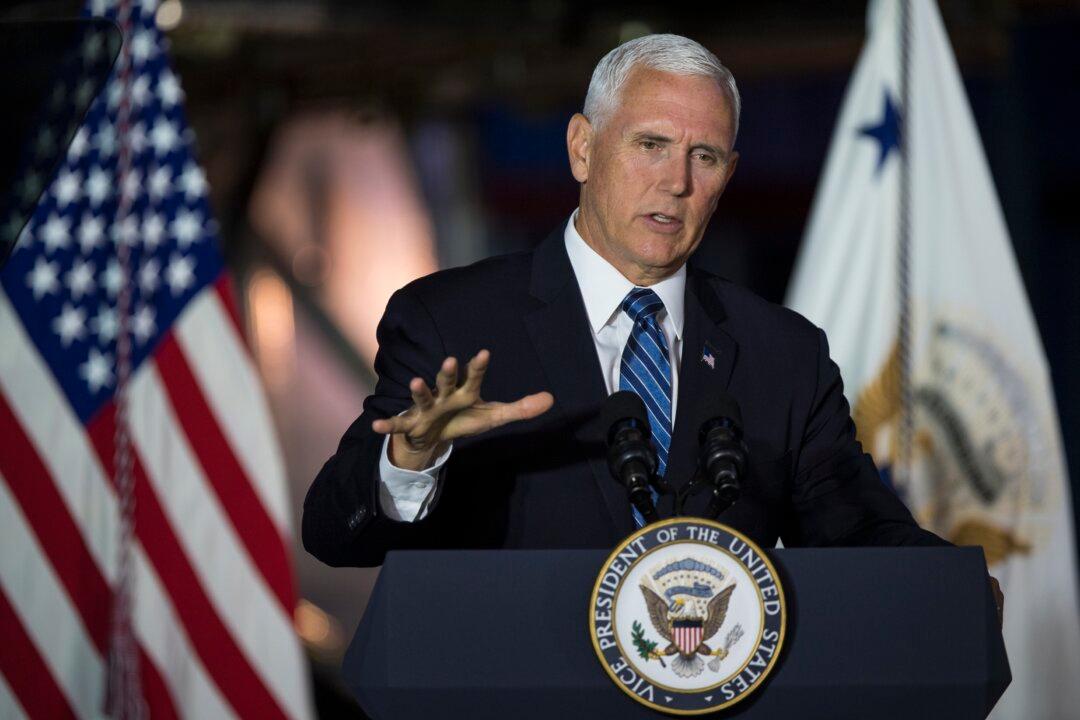After U.S. Vice President Mike Pence warned Beijing that any violent crackdown against Hong Kong protesters would harm Sino-U.S. trade talks, Chinese state-run media began publishing commentaries that criticized him and the U.S. government, threatening to “take real action” and “punch back” in ongoing negotiations.
“For the United States to make a deal with China, Beijing needs to honor its commitments—beginning with the commitment China made in 1984 to respect the integrity of Hong Kong’s laws through the Sino-British Joint Declaration,” Pence said in a speech at the Detroit Economic Club on Aug. 19.





